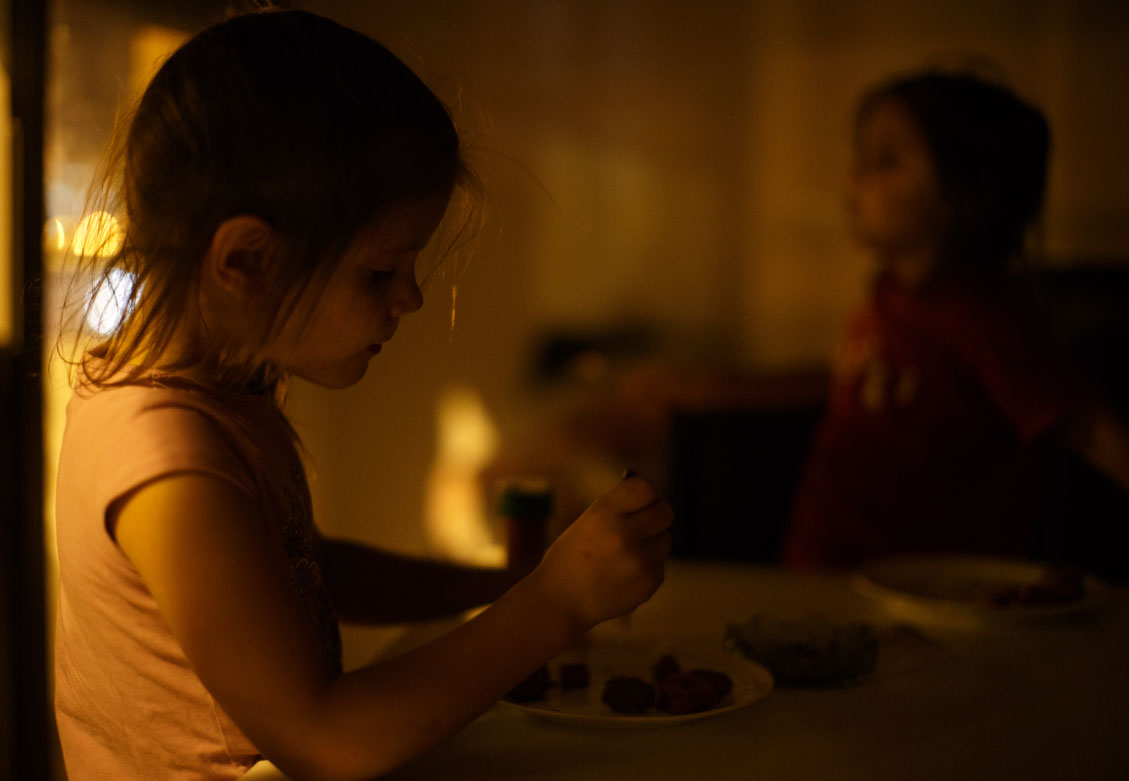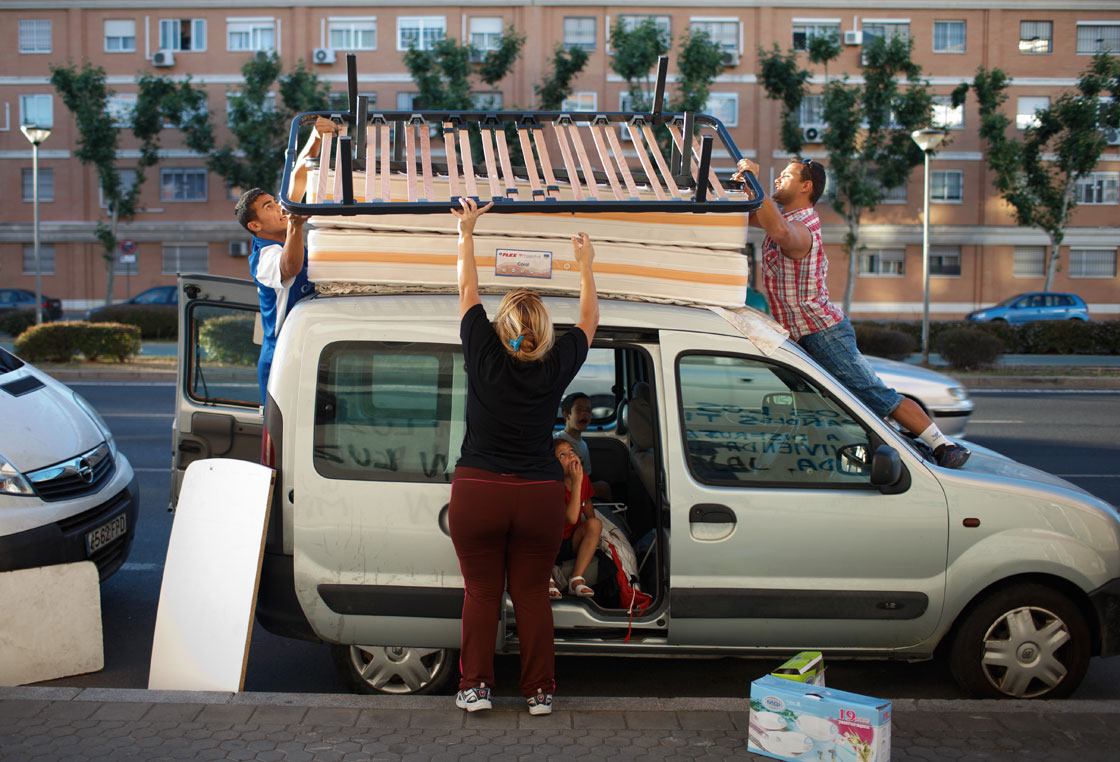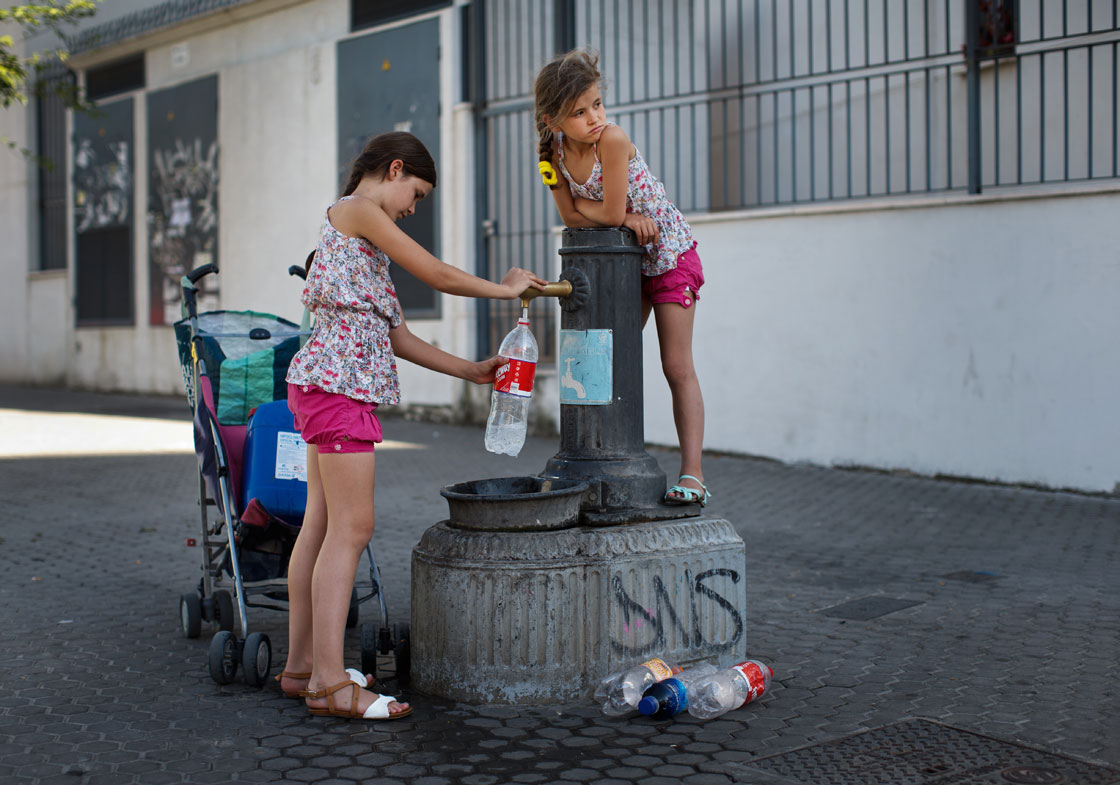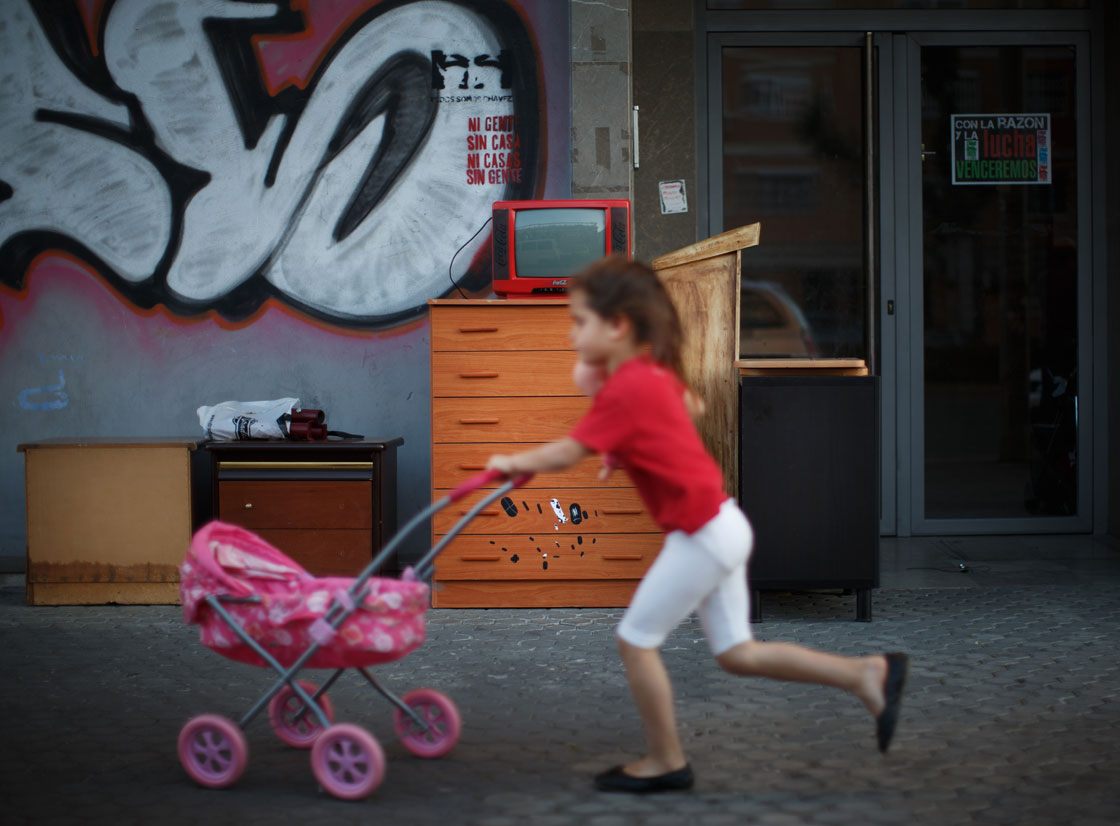SEVILLE, Spain — In 2010 Spanish banks foreclosed more than 100,000 households which contributed to the already large number of empty houses. With as many as one million properties unsold, victims of Spain’s financial crisis, struggling to keep a roof over their head due to high levels of unemployment and severe cuts to social welfare, have turned to squatting in the empty buildings.

The Corrala Utopia is a community, on a steadily growing list of communities all over Spain, living in squatted buildings. In this case the building stood empty for three years before the squatters moved in almost a year ago.
The community houses a total of 36 families including almost 40 children.
The families are cut off from water and electricity and live with an uncertain future and the fear of being evicted soon again.
For the first time in history over 6 million Spaniards are jobless in Spain, the euro zone’s fourth-biggest economy.


























Comments